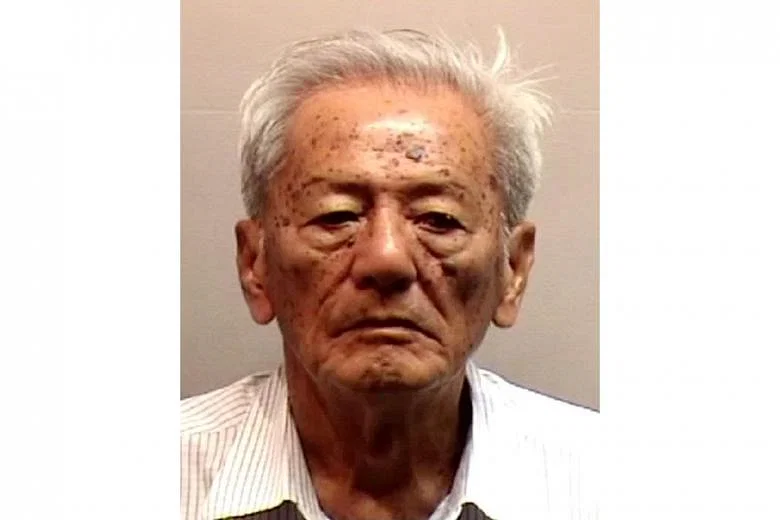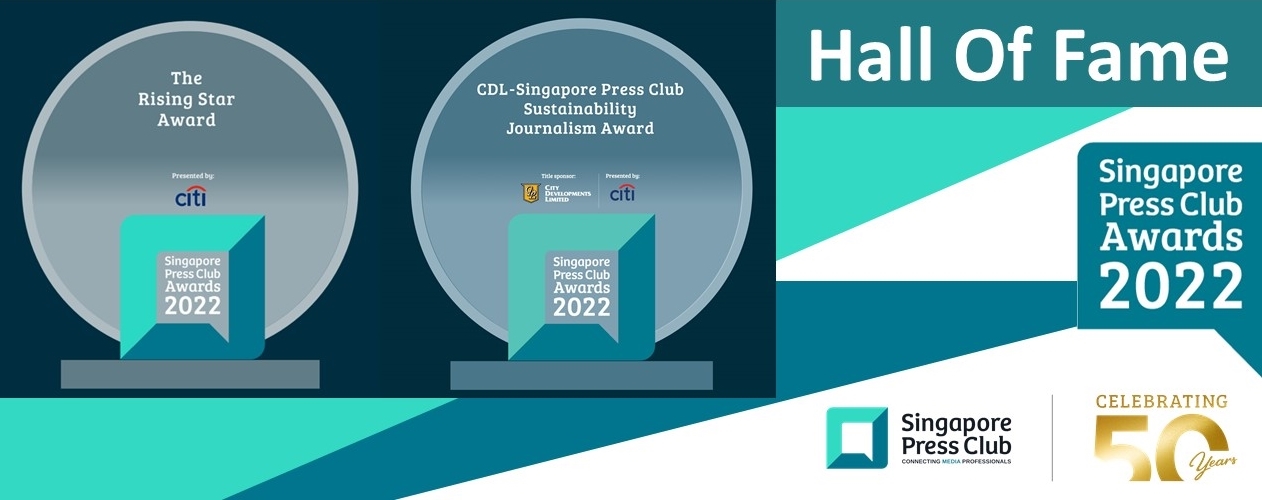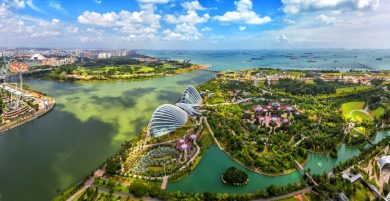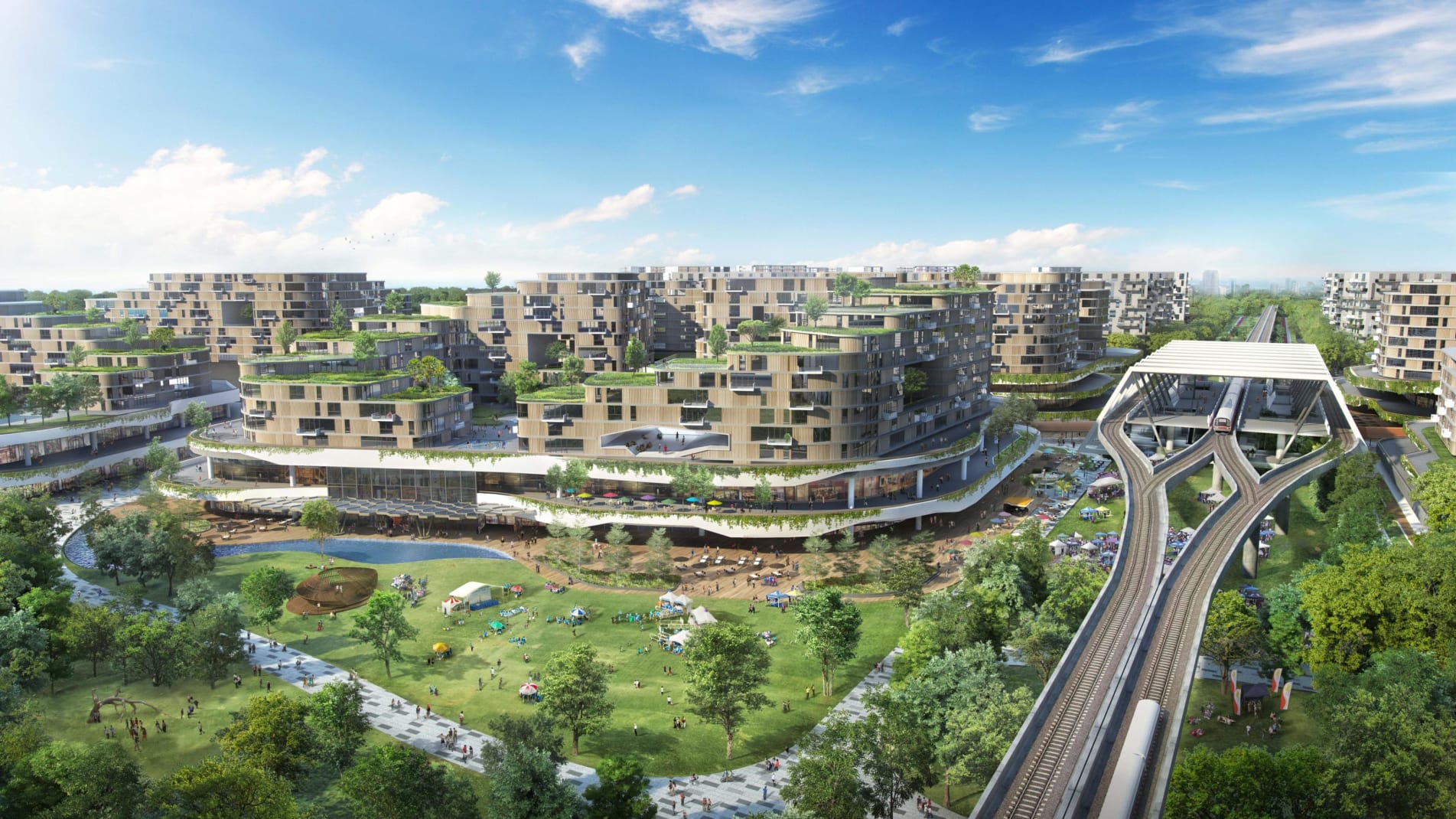
By Ivan Lim
Former AJA President, Contributor to AsiaN
SINGAPORE: In 2018, Singapore was picked out of a list that included South Korea’s Jeju Island to host the Kim-Trump summit. The venue where US President Donald Trump and North Korea leader Kim Jong-un sought to break the ice on their nuclear imbroglio was actually on the island of Sentosa (Peace). The historic pow-wow produced the Singapore Declaration, turning a page in the decade-old post-Cold War frost between Washington and Pyongyang.
This year, the city-state of 5.8 million people will host the annual meeting of the World Economic Forum (WEF), replacing the Swiss Alpine resort town of Davos. It will be the first time the international forum is held in the tropics, underscoring the growing importance of Asia and in particular, the Asean region.
Highlighting this point in an interview by the Straits Times daily during his short visit to the republic, WEF founder and executive chairman, Professor Klaus Schwab said Asean “represents a size which is larger than Europe in terms of population. (Asean’s population is 4.64 billion versus Europe’s 747.6 million)
”So, it is also a reference to the new political and economic situations which we have in the world.”
A ranking member of Asean, Singapore fits the bill in WEF ’s over-riding concern for the safety and health of the participants, going by its ‘gold standard’ of handling the Covid crisis.
The island-nation has spared no efforts to bring the killer-bug to heel – the measures it zeroed in included meticulous contact tracing, isolating those infected, testing of vulnerable people for infections and rigorous enforcing of social distancing and wearing of masks. Those flouting the rules have been warned, fined and even sentenced to jail.
Since the virus surfaced in January 2020, and exploded unexpectedly among the city’s dormitory migrant workers to hit a 58,000-plus mark, the outbreaks have stabilised with single-digit cases in the local community. Double-digit cases are now arising mainly from those returning from overseas. Covid-19 deaths remain at 29. A mass inoculation of the Pfizer BioNtech vaccines has begun for the entire population, giving a boost to safety measures.
Even so, global travel curbs as well as quarantine and flight regulations of countries arising from pandemic have led to a change in schedule of the WEF conference, from May 25-28 to August 17-20, at the request of the WEF.
This is to give more time for participants to sign up and make travel arrangements. More than 3,000 people are expected at the high-level international conference involving top government leaders, business and industry chiefs, academics, media and civil society luminaries.
It is indeed a tall order to organise a safe gathering of people face-to-face with a still raging pandemic. It involves fulfilling three levels of assurance, according to Trade and Industry Minister Chan Chun Sing. Singaporeans must be assured that the WEF meeting can be held safely; that the participants must feel confident that people from different countries can interact safely; and that participants must be able to leave the meeting with a clean bill of health and not take the bug home with them.
Success in staging the event will put the city-state firmly on the world map and show it is ready to resume business as usual as a connectivity hub for the rest of the world, according to commentators lauding the high-stakes meeting in Singapore.
However, winning the prize entails high risks.
Despite all precautions and safeguards, Hong Kong and South Korea had seen sudden surges in cases and upended their exemplary Covid-19 busting standard.
Singapore is taking contingency measures to pre-empt any runaway virus outbreak that could turn the WEF forum into a “global super-spreader” event as participants return to their home countries.
That is not the scenario Singapore’s gung-ho organisers envisage. Instead, the Ministry of Trade and Industry is counting on convening the first global meeting safely and smoothly to deal with the long-term impact of the pandemic on lives and livelihood as well as Climate Change.
Prof Schwab unveiled the game plan.
“What we have to do is to restore trust in our world,” he said.
“Trust is needed to overcome the crisis and to have a base that will allow for a future-oriented mindset to construct a world for tomorrow.”
A WEF annual risk report highlighted the economic and social dislocations wrought by the Covid-19 crisis -from job losses to disrupted social interactions and broad shifts in markets.
“This could lead to dire consequences and lost opportunities for large parts of the world’s population,” according to the report, citing an urgent need to reset priorities and reform existing global systems world-wide. “Rebuilding trust and increasing global co-operation are crucial to fostering an innovative and bold solutions to stem the pandemic and drive a robust recovery,” the report said.
WEF president Borge Brende emphasised the strong role Asia could play in world-wide economic recovery as a region that commands 50 per cent of the global GDP.
On the key issues that will surface at the Singapore forum, Mr Brende mentioned the three Cs of Covid-19, Climate Change and Co-operation.
Specifically, participants will focus on the -skilling and up-skilling of workers and on food security,” said Prof Schwab said.
The groundwork for holding the high-stakes exchanges has already begun. On January 25-29, some 1,500 government, business, academic and civil society stakeholders from 170 countries joined a virtual Davos Agenda Week brainstorming on the policy issues ahead of the August forum.
The 2018 Trump-Kim negotiations in Singapore culminated in a Singapore Declaration, a joint communiqué in which Washington and Pyongyang pledged to work towards the dismantling of nuclear weapons in the Korean Peninsula and ending of mutual hostilities.
Much is riding on a successful outcome at the Singapore summit of WEF. Its mastermind Prof Schwan sees the non-partisan, multi-disciplinary palava in Singapore as serving up policy cud for chewing for the United Nations General Assembly in September, and the Group of 20 meeting of the heads of state and government in Rome in October as well as the COP26 UN Climate Change conference to be held in Glasgow in Scotland in November.




